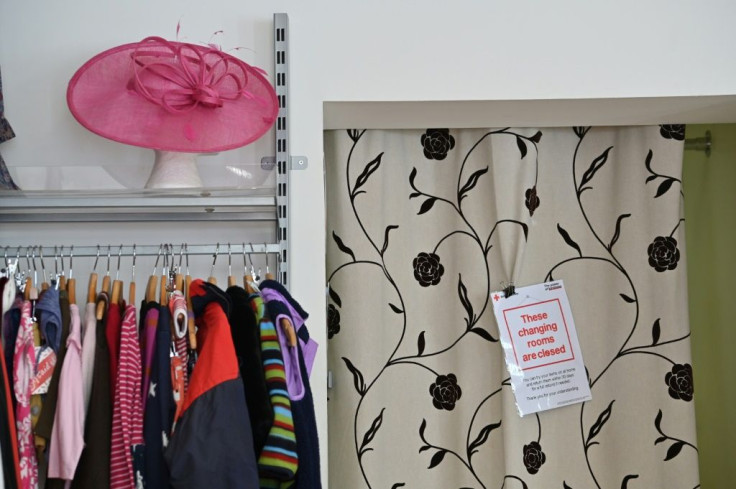Boston Fed President Eric Rosengren Warns Recovery Could Stall Without Coronavirus Control

KEY POINTS
- European countries that imposed more stringent coronavirus measures and kept them in place are experiencing more robust economic recovery
- States that reopened too quickly have seen their early gains evaporate
- "The trajectory of the economic recovery will be determined more by the path of the virus than by the path of policymaking"
Boston Federal Reserve President Eric Rosengren said Wednesday the U.S. economy cannot fully recover until the coronavirus pandemic is controlled, and, so far, the nation has failed miserably, making it possible the nascent recovery will stall.
His remarks followed a Federal Reserve staff outlook predicting Americans won’t return to their normal working and spending habits until they are convinced the coronavirus is under control, and warning the U.S. could be headed for an even deeper recession.
In a video conference with the South Shore Chamber of Commerce in Massachusetts, Rosengren called efforts by states have been “limited or inconsistent,” placing citizens “at unnecessary risk of severe illness and possible death” while also prolonging the economic downturn.
The Bureau of Economic Research said the coronavirus-triggered recession began in February, pushing unemployment from a record low 3.5% to 14.7% in April. The July unemployment rate was pegged at 10%, with 30 million people collecting jobless benefits, but the number did not capture the increase in layoffs triggered by an uptick in infection rates.
The pandemic forced states to shut down their economies, ordering nonessential businesses to close their doors. In the rush to get the economy going again, restrictions in some areas were lifted too rapidly, leading to a surge in cases, especially in the U.S. West and South. By late morning Wednesday, the U.S. had confirmed more than 5.1 million coronavirus infections and nearly 165,000 deaths from COVID-19.
Gains seen in states that reopened rapidly were short-lived as the pandemic surged. Rosengren said in the Northeast where restrictions were tougher and longer-lived, “states are now experiencing both better public health outcomes and more spending in sectors of the economy that are sensitive to social distancing.”
Rosengren praised action in European countries where stringent measures were imposed to control infection rates and remained in place for much longer than those adopted in the United States. He said the result was robust economic activity.
“As long as the virus poses significant threats to public health, a full economic recovery will be very difficult as individuals, often voluntarily, avoid activities that place their health at risk. … Indeed, the trajectory of the economic recovery will be determined more by the path of the virus than by the path of policymaking, although monetary and fiscal policy can mitigate, and have mitigated, some of the most significant adverse impacts,” Rosengren said.
Rosengren said data indicate the recovery is losing steam despite the intervention of monetary and fiscal policymakers, and the recent slowdown is likely to continue. He warned that if the fall brings a resurgence of the pandemic, the Fed’s Main Street lending program will be even more essential to keep businesses afloat.
President Trump had predicted a V-shaped recovery from the pandemic, but hopes that would happen have faded. The president consistently has downplayed the severity of the pandemic, often ignoring the advice of public health officials and declining to wear a face mask consistently in public.
© Copyright IBTimes 2025. All rights reserved.






















